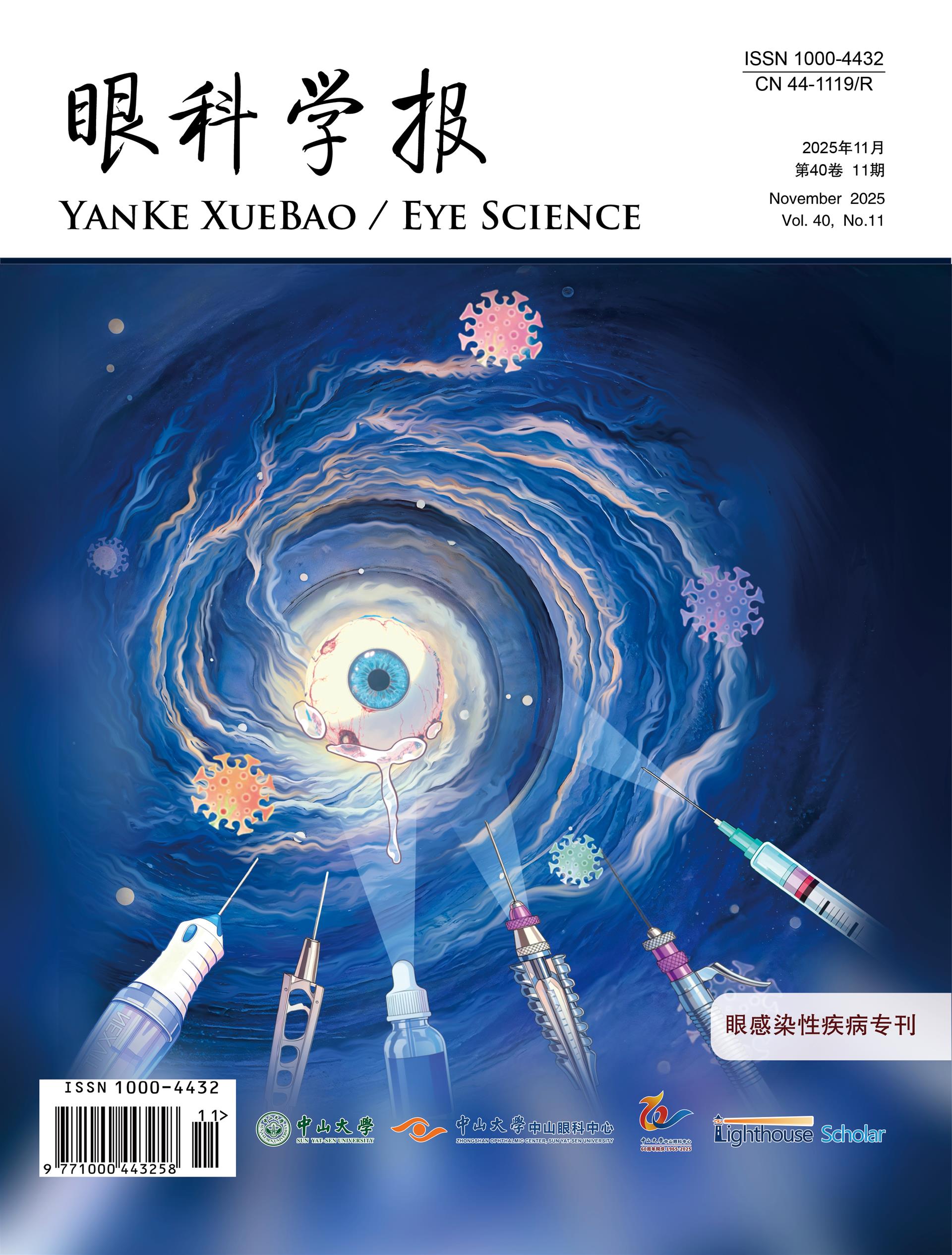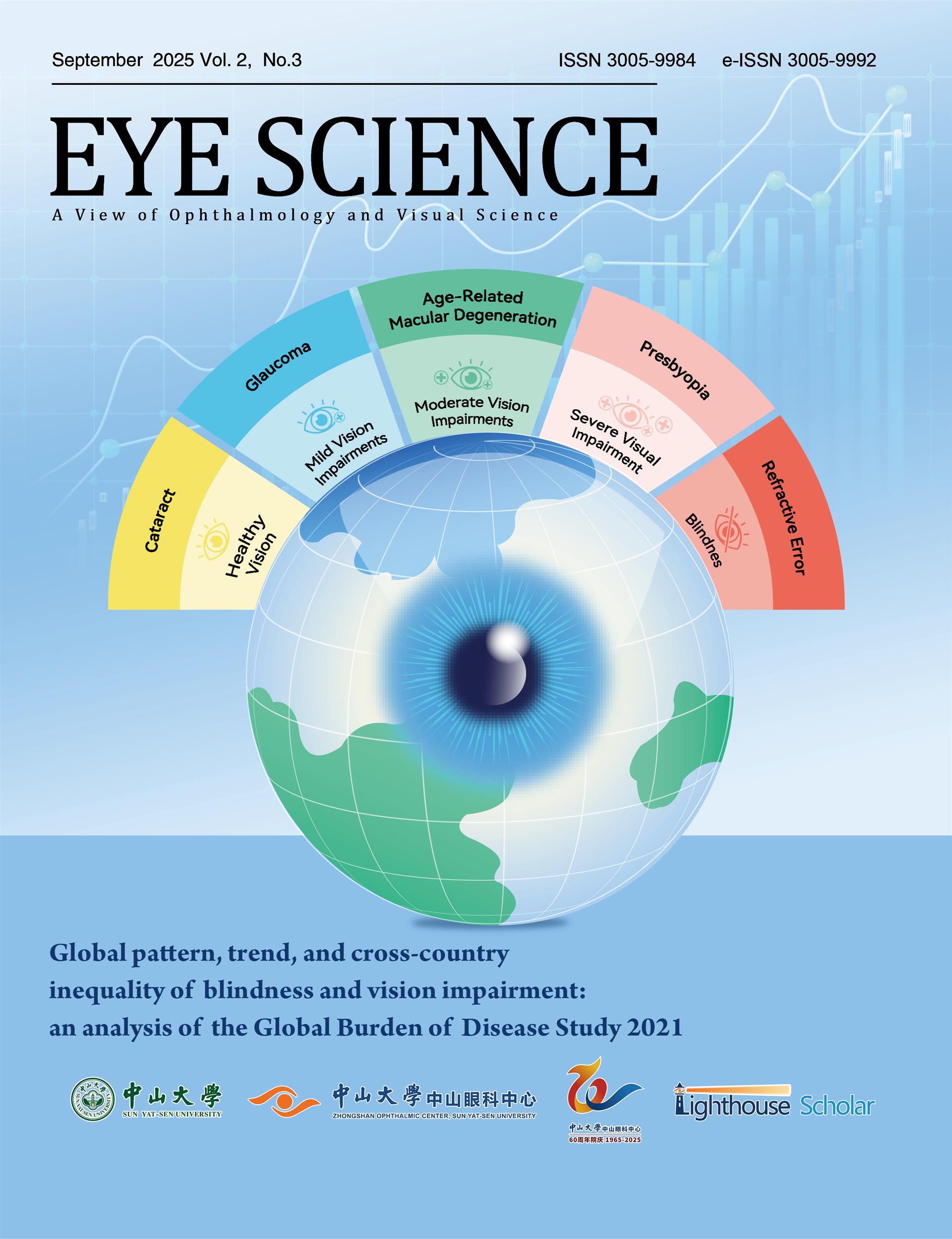Eye Science adheres to the ethical standards established by the Committee on Publication Ethics (COPE) and the International Committee of Medical Journal Editors (ICMJE). Authors, editors, and reviewers are expected to fulfill the following responsibilities, in addition to complying with the specific policies and requirements of the journal:
1. Responsibilities of Authors
Authors are obligated to ensure that their submissions do not involve state secrets, do not infringe upon intellectual property rights, and to avoid the following forms of academic misconduct:
1) Multiple Submissions
Authors must guarantee that their manuscript is not submitted to multiple journals simultaneously, and that its content has not been published in any other journal or media in any language. Authors must also refrain from submitting the manuscript elsewhere before receiving an official rejection notice from the editorial office of Eye Science.
2) Plagiarism
Authors are responsible for ensuring the originality of their submissions, free from any falsification, deceit, or plagiarism.
To avoid accusations of plagiarism, authors must clearly cite sources for any referenced material. If third-party content is used in the paper, explicit permission must be obtained, and proper credit must be given in accordance with copyright law to avoid infringing upon others' intellectual property rights.
3) Duplicate Publication
Authors must not intentionally submit or publish a previously published paper or represent already published data as original research in a new submission.
4) Fabrication and Falsification
Under no circumstances should authors fabricate, alter, or manipulate original research records, experimental data, images, or other materials. If an article is suspected of containing falsified information, the editorial office reserves the right to request original research data for verification.
Authors must strictly avoid all forms of academic misconduct. If any violation is identified, it will be dealt with seriously: manuscripts found to contain academic misconduct before publication will be immediately rejected; if discovered post-publication, a correction or retraction will be issued to rectify the situation. For severe cases of misconduct, such as multiple submissions within a restricted timeframe, Eye Science will notify peer journals and refuse to accept future submissions from the offending authors.
2. Responsibilities of Editors
1) Editors should handle all submissions in a fair, equitable, and timely manner.
2) Editors are responsible for detecting academic misconduct in all submissions. If any forms of academic misconduct are discovered, the manuscript should be immediately rejected.
3) Editors must adhere to the confidentiality requirements of the journal, keeping the information of reviewers and the research content of authors strictly confidential.
4) To ensure fairness in evaluation, editors should carefully consider any requests by authors to exclude certain reviewers. Regarding peer reviewers recommended by authors, editors should verify the authenticity of their information and decide whether to use the recommended reviewers based on their field of research, expertise, and potential conflicts of interest with the authors.
5) Editors should not interfere with the peer review process to ensure the independence and fairness of reviewers' evaluations.
6) Editors should respect the opinions of reviewers and provide authors with detailed feedback for revisions. If authors have objections, they should be allowed to appeal.
7) Editors are responsible for ensuring the authenticity of each review stage. Editors have the responsibility to keep review materials safe and strictly confidential.
8) Editors should handle all submissions in a timely manner within a reasonable timeframe, ensure that research achievements meeting the journal's requirements and quality standards are published promptly, and strive to shorten the duration between manuscript acceptance and publication.
3. Responsibilities of Reviewers
(1) Reviewers are expected to conduct a comprehensive evaluation of the manuscript, maintaining objectivity and fairness, and adhering to professional ethics without pursuing personal gain.
(2) Reviewers should not allow factors such as religion, political views, gender, or geographic location to affect their judgment of the manuscript's academic merit.
(3) Reviewers should withdraw from the review process if they are aware of any potential conflicts of interest with the authors to ensure the impartiality of the review process.
(4) Reviewers are responsible for maintaining the confidentiality of the review materials and must not disclose any content of the manuscript or review results to others.
(5) Review comments should be based on scientific facts, maintain objectivity, avoid professional bias, and provide constructive suggestions to address weaknesses in the research.

















